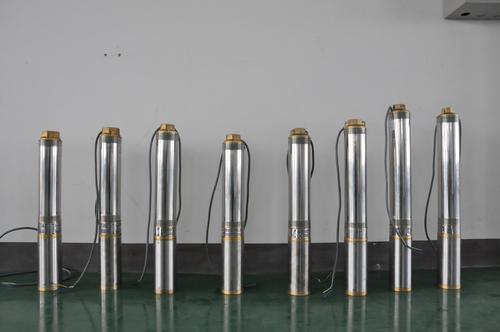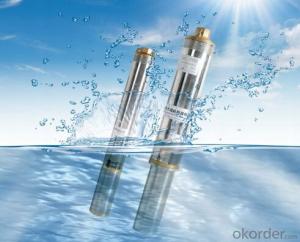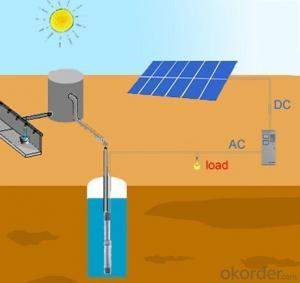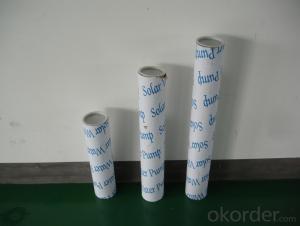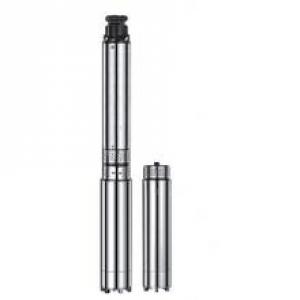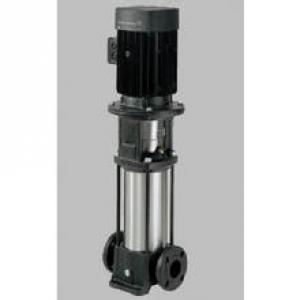Deepwell Water Fountain Solar Pump
- Loading Port:
- Shanghai
- Payment Terms:
- TT OR LC
- Min Order Qty:
- -
- Supply Capability:
- 300 set/month
OKorder Service Pledge
Quality Product, Order Online Tracking, Timely Delivery
OKorder Financial Service
Credit Rating, Credit Services, Credit Purchasing
You Might Also Like
how is the rotor made:
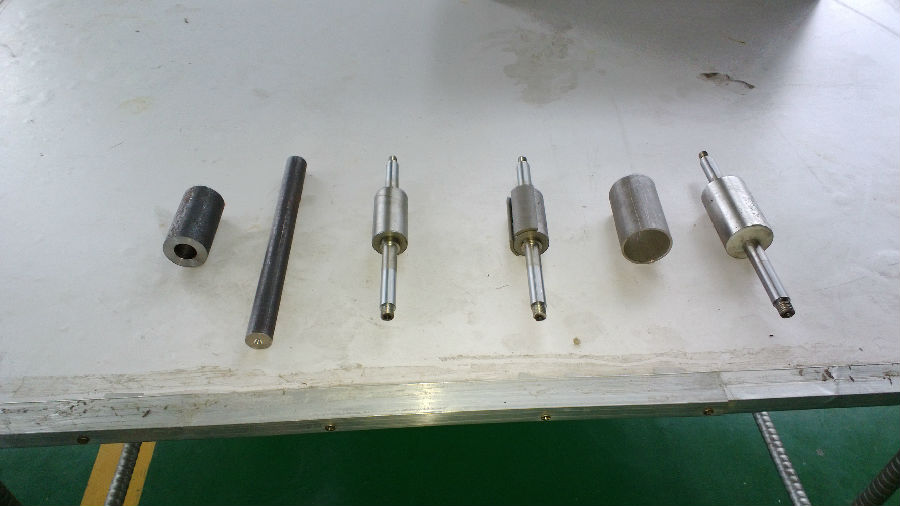
how is the motor made:
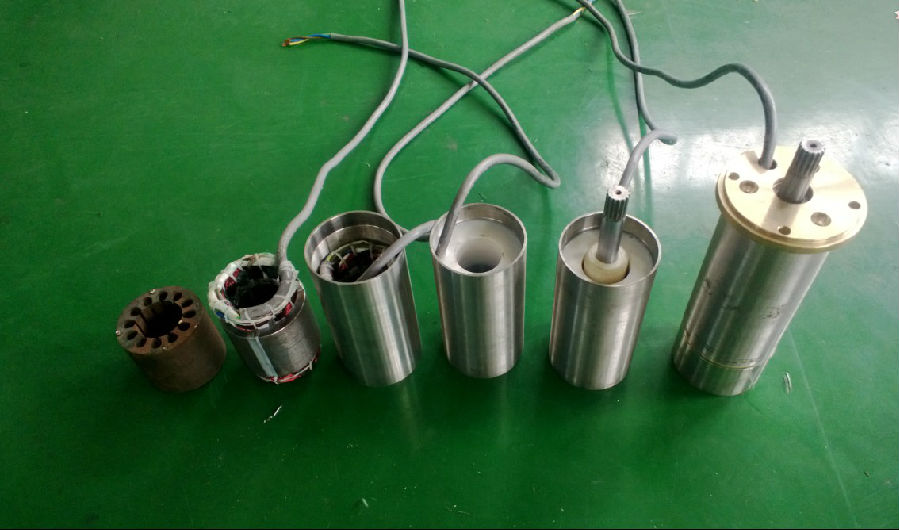
the pump :
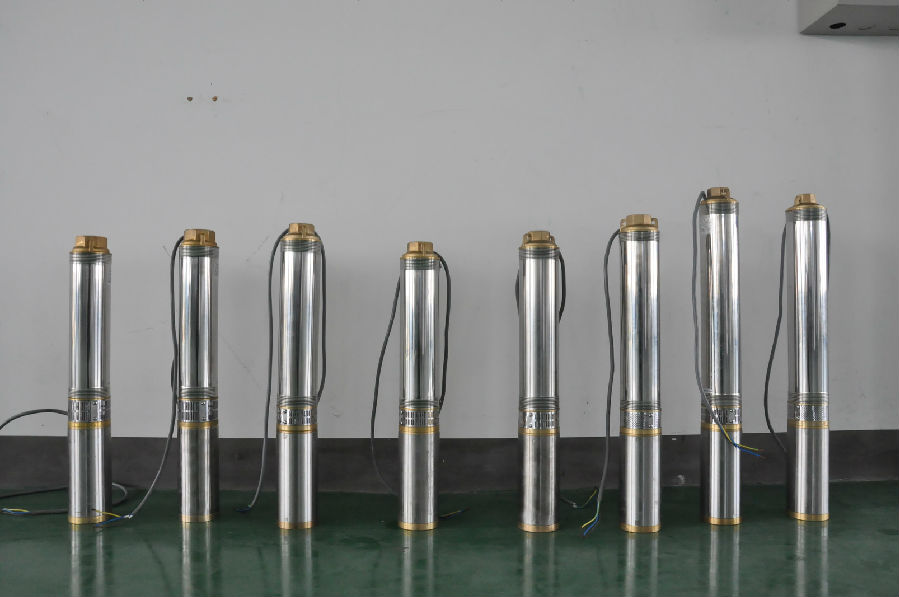
controller terminal connection:
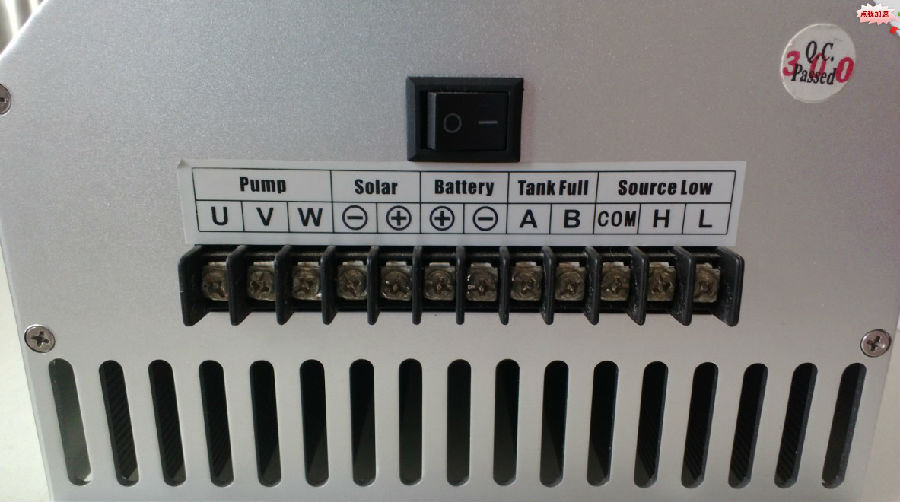
The permanent magnet:

the impeller:
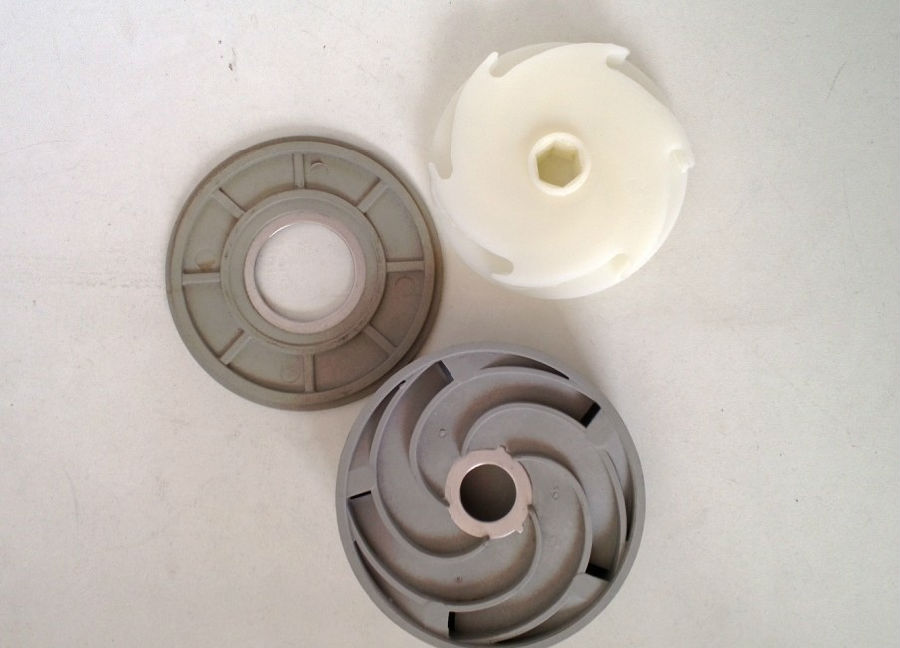
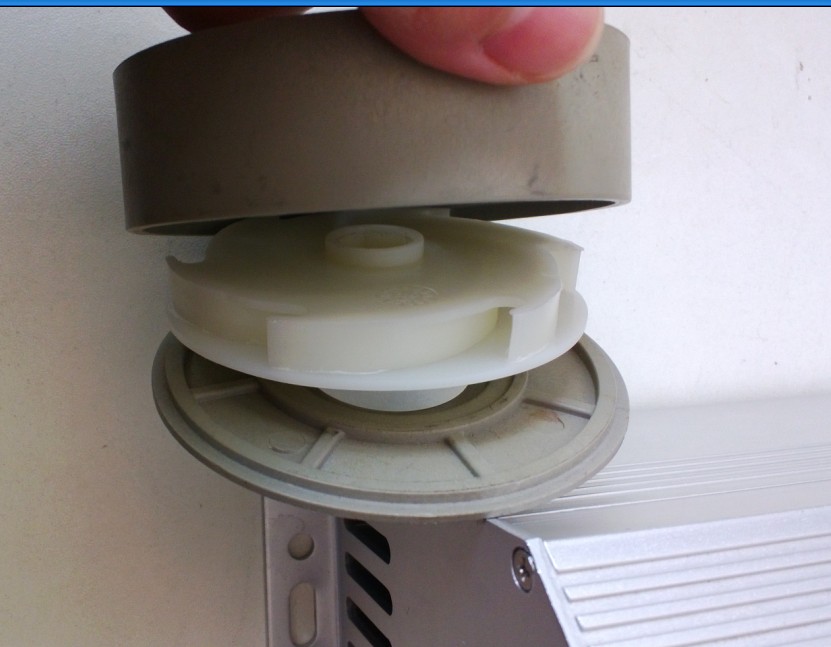
controller box:
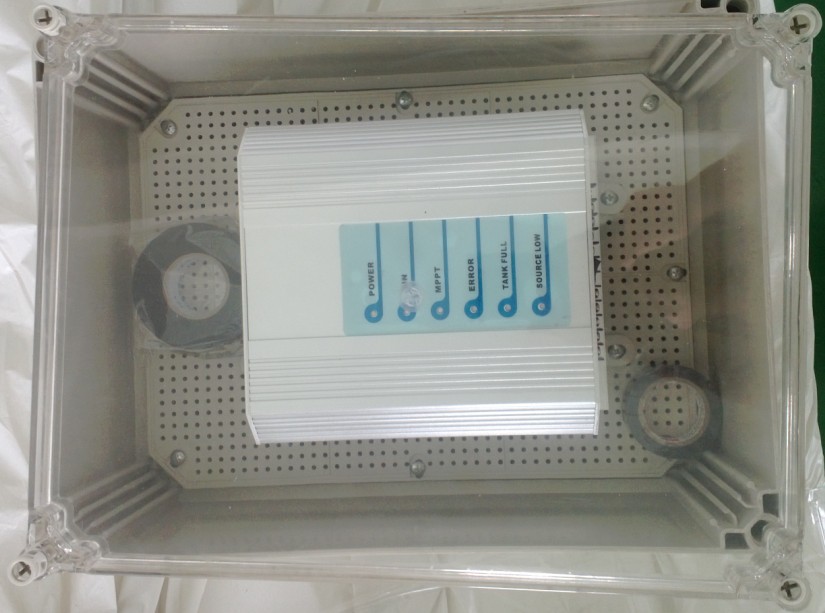
the senors:
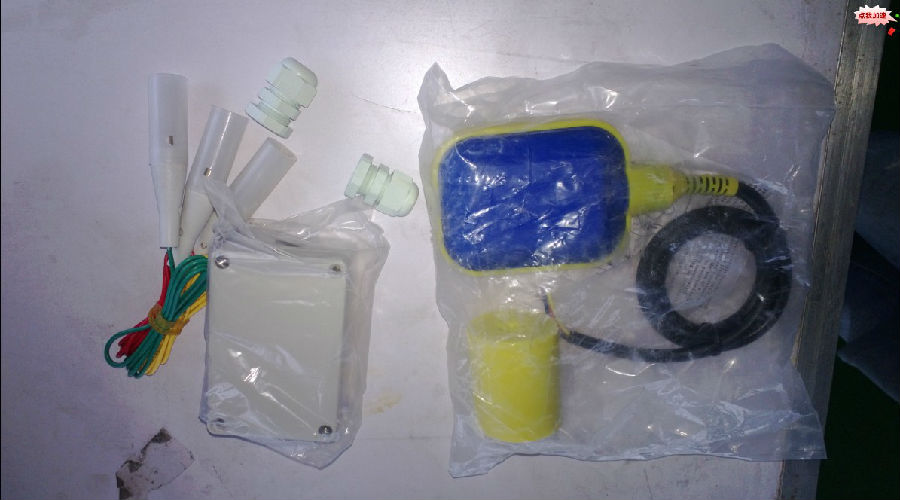
the test:
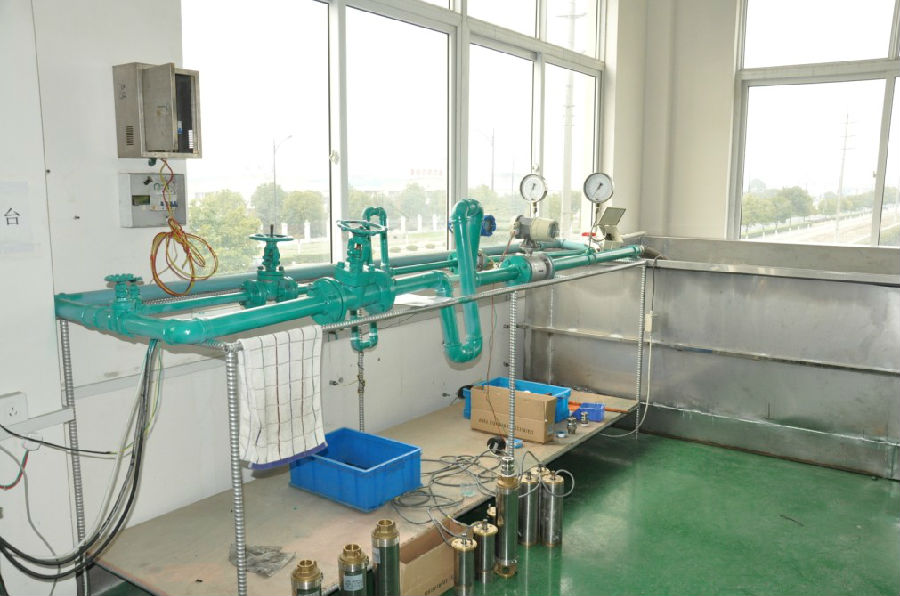
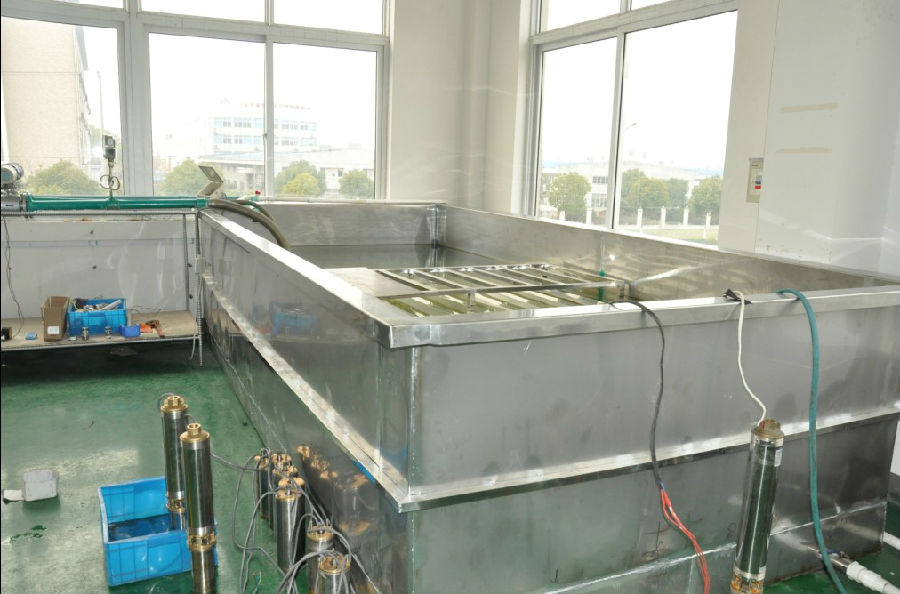
the application:
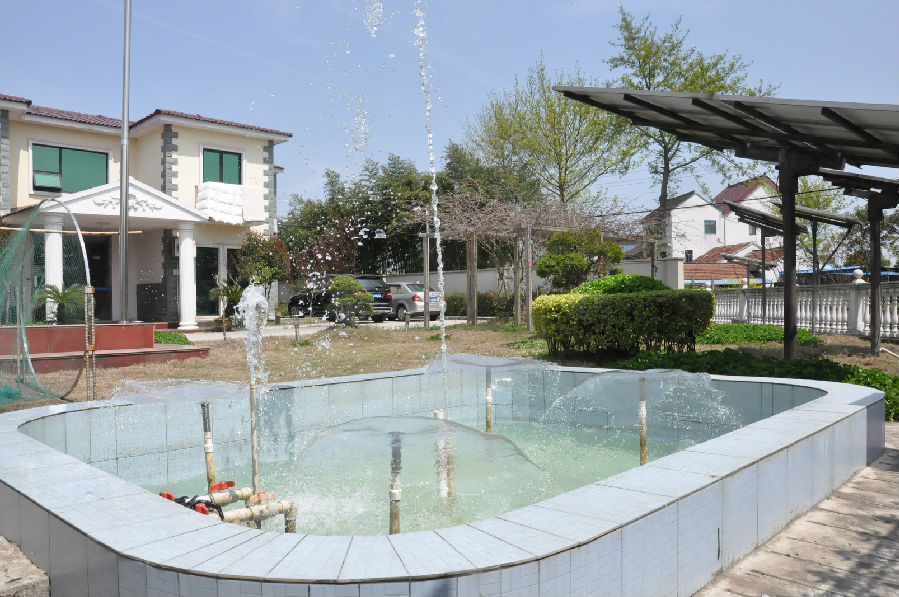
the package:
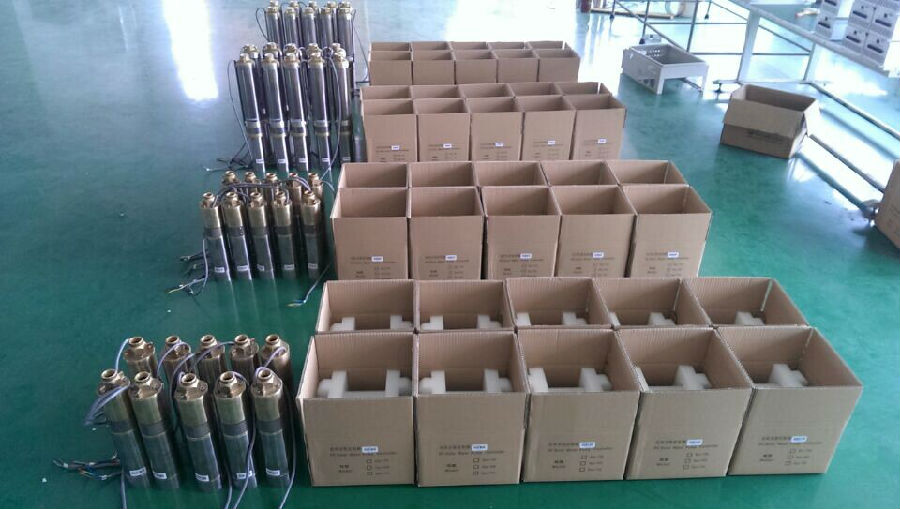
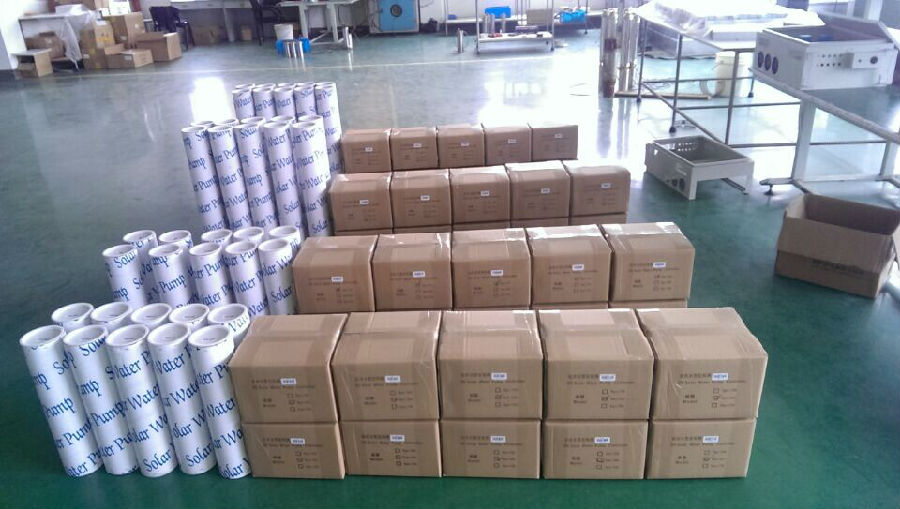
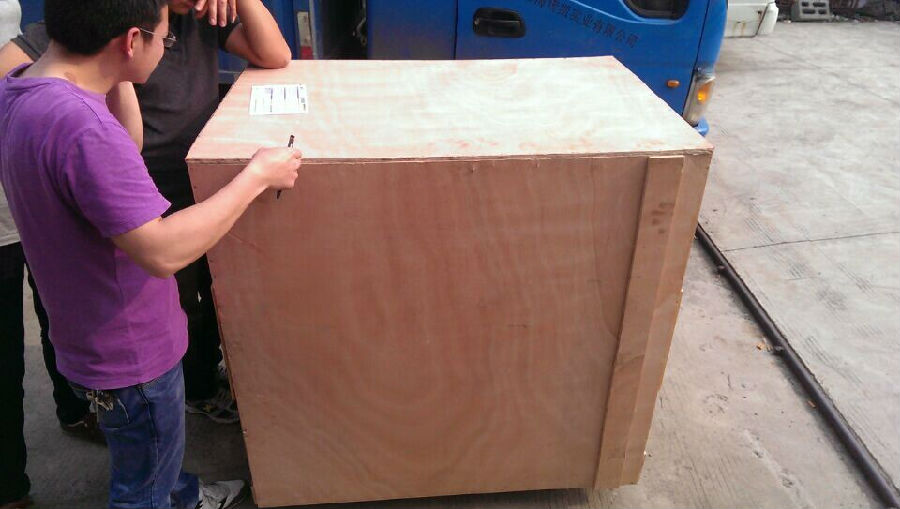
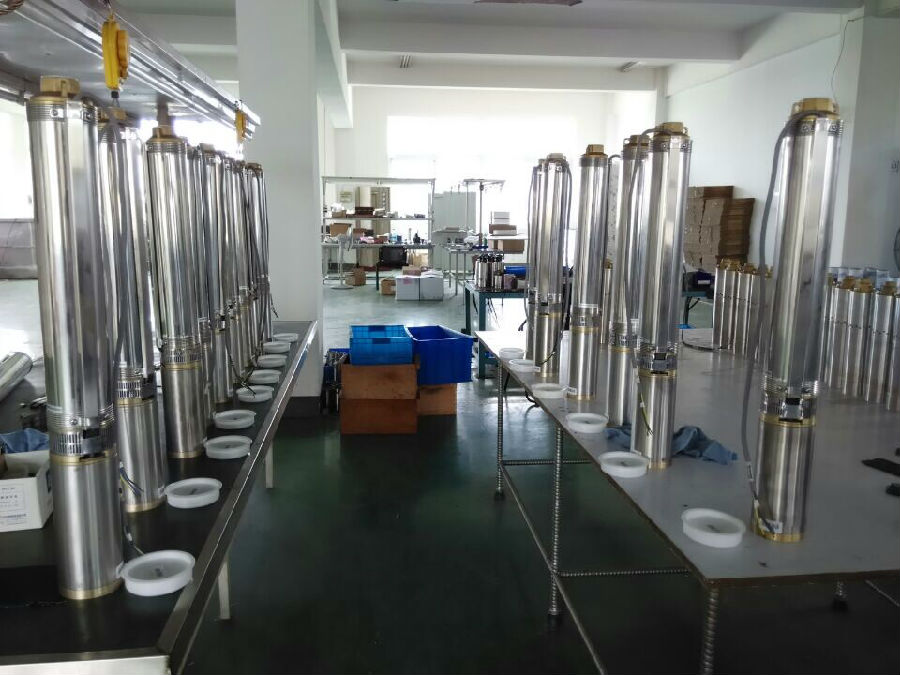
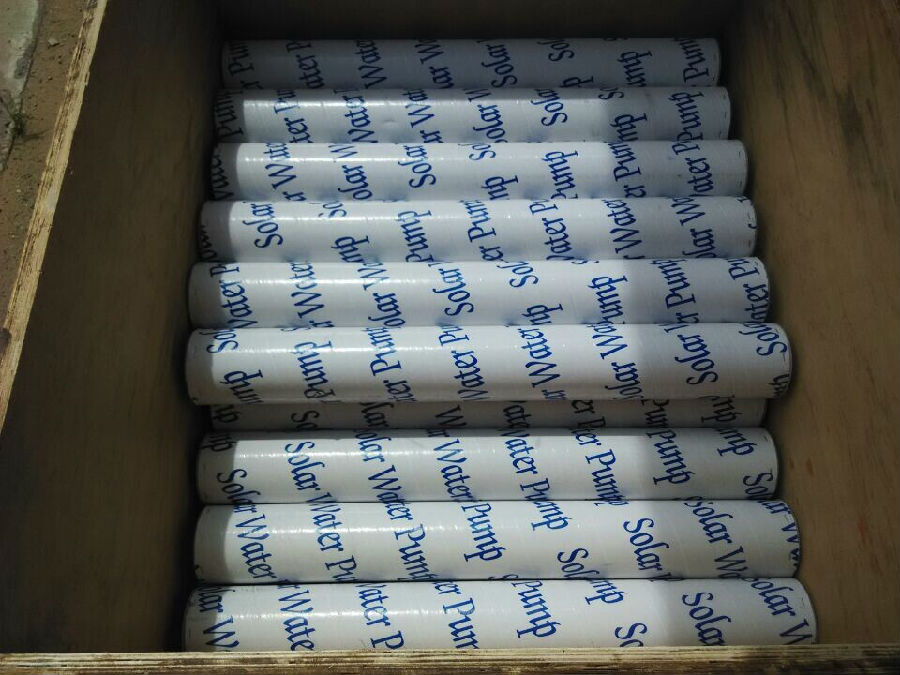
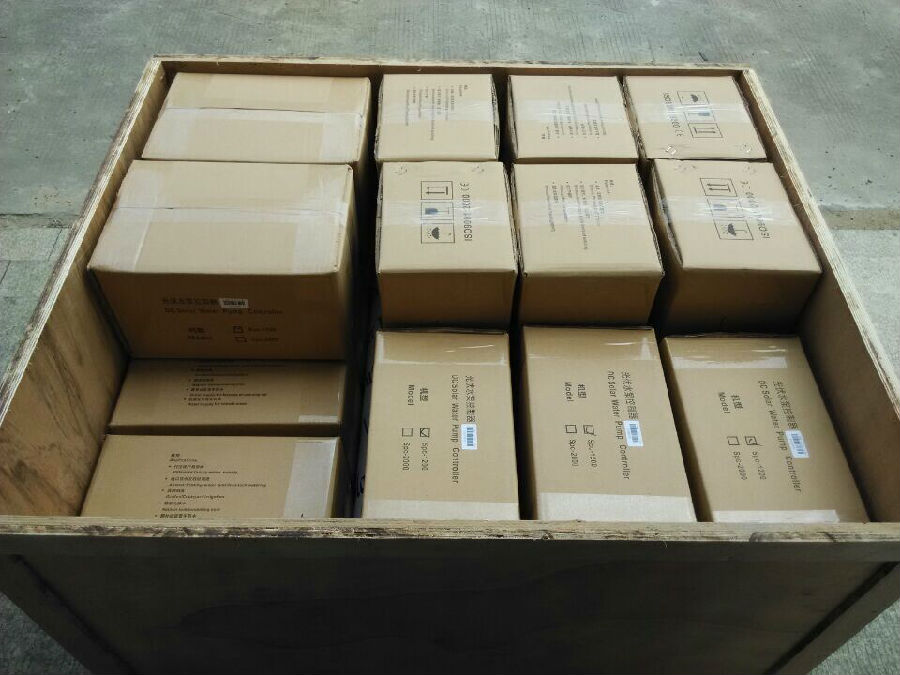
- Q: Can a solar pump be used in developing countries?
- Certainly, a solar pump can be used effectively in developing nations. Indeed, solar pumps have proven to be a financially viable and sustainable answer to obtaining clean water in remote and rural regions where traditional electrical systems are scarce or unreliable. Powered by sunlight, solar pumps require no fuel, rendering them dependable and affordable for communities in developing countries. These pumps are versatile and can be employed for various purposes, including irrigation, drinking water supply, livestock watering, and even small-scale industries. One of the primary benefits of solar pumps is their ease of installation and operation, necessitating minimal upkeep. They can be set up in areas devoid of grid electricity, eliminating the need for expensive and intricate wiring. Furthermore, solar pumps are environmentally friendly, emitting no greenhouse gases or contributing to air pollution. In numerous developing countries, gaining access to clean water is a significant hurdle, and the use of solar pumps can greatly improve the situation. By utilizing renewable energy, solar pumps offer a sustainable solution to communities' water requirements, reducing their reliance on traditional fuel-driven pumps or manual labor. Additionally, solar pumps can also foster economic progress in developing nations. By providing communities with a dependable and affordable water source, agricultural productivity can increase, enabling farmers to cultivate more crops and augment their income. Furthermore, solar pumps can generate job opportunities for local technicians skilled in system installation, maintenance, and repair. In conclusion, solar pumps are a superb solution for ensuring access to clean water in developing countries. They are cost-effective, sustainable, and simple to operate, making them suitable for remote areas lacking adequate electrical infrastructure. By harnessing solar energy, these pumps can contribute to overall development, economic growth, and improved living conditions in these nations.
- Q: Can a solar pump be used for water supply in poultry farms?
- Yes, a solar pump can be used for water supply in poultry farms. Solar pumps are an efficient and cost-effective solution for providing water to poultry farms as they use renewable energy from the sun, eliminating the need for electricity or fuel. They can efficiently pump water from wells, rivers, or other water sources to meet the water demands of the poultry farm, ensuring a reliable water supply for the birds' drinking and hygiene needs.
- Q: Can a solar pump be used in areas with limited access to water supply?
- Yes, a solar pump can be used in areas with limited access to water supply. Solar pumps are powered by solar energy, making them independent of grid electricity and suitable for remote locations. They can be installed in areas where traditional water supply infrastructure is unavailable or unreliable, providing a reliable and sustainable solution for accessing water.
- Q: How do I choose the right size of solar pump for my needs?
- To choose the right size of solar pump for your needs, you should consider factors such as the volume of water you need to pump, the total dynamic head (TDH) or vertical lift required, and the amount of sunlight available in your location. Calculate your water requirements and TDH, and then match those figures with the pump's specifications, ensuring it can handle the necessary flow rate and lift. Additionally, consider the solar panel's wattage and efficiency to ensure it can generate enough power for the pump. Consulting with a solar pump expert or installer can also provide valuable guidance in selecting the appropriate size for your specific needs.
- Q: Can a solar pump be used for irrigation of golf courses or sports fields?
- Yes, a solar pump can be used for irrigation of golf courses or sports fields. Solar pumps utilize energy from the sun to power the pumping system, making them a sustainable and cost-effective option for large-scale irrigation needs. They can provide a reliable water supply for maintaining the turf and ensuring optimal playing conditions while reducing reliance on traditional electricity sources.
- Q: What is the role of controllers in a solar pump system?
- Controllers in a solar pump system play a crucial role in regulating and managing the operation of the system. They monitor and optimize the power supply from the solar panels to the pump, ensuring that the pump operates efficiently and effectively. Controllers also protect the system by preventing overloading, overvoltage, and overheating. Additionally, they provide feedback and data on the system's performance, allowing for remote monitoring and control. Overall, controllers act as the brain of the solar pump system, ensuring its smooth operation and maximizing its energy efficiency.
- Q: How does a solar pump handle water with high levels of hydrogen sulfide or other gases?
- A solar pump typically handles water with high levels of hydrogen sulfide or other gases by utilizing a gas venting system. This system allows the gases to be released from the water before it enters the pump, preventing any damage or interference with the pump's functionality.
- Q: Can a solar pump be connected to a backup battery system?
- Yes, a solar pump can be connected to a backup battery system. By connecting the solar pump to a backup battery, it ensures that the pump can still operate during periods of low sunlight or at night when solar power is not available. The backup battery system acts as a storage unit for the excess energy generated by the solar panels, allowing the solar pump to function even in the absence of direct sunlight.
- Q: Can a solar pump be used for water supply in schools or public buildings?
- Yes, a solar pump can be used for water supply in schools or public buildings. Solar pumps are an efficient and sustainable solution that can provide a reliable water source without relying on traditional electricity supply. They are cost-effective, environmentally friendly, and can be easily installed in areas where access to electricity may be limited. Additionally, solar pumps require minimal maintenance and can provide a consistent water supply for various purposes in schools or public buildings.
- Q: Can solar pumps be used for water supply in community centers or social projects?
- Yes, solar pumps can definitely be used for water supply in community centers or social projects. Solar pumps are an excellent choice for these settings as they are cost-effective, environmentally friendly, and can operate in remote areas without access to electricity. They can efficiently provide a reliable and sustainable water supply, benefiting the community and helping to meet their water needs.
Send your message to us
Deepwell Water Fountain Solar Pump
- Loading Port:
- Shanghai
- Payment Terms:
- TT OR LC
- Min Order Qty:
- -
- Supply Capability:
- 300 set/month
OKorder Service Pledge
Quality Product, Order Online Tracking, Timely Delivery
OKorder Financial Service
Credit Rating, Credit Services, Credit Purchasing
Similar products
Hot products
Hot Searches
Related keywords

